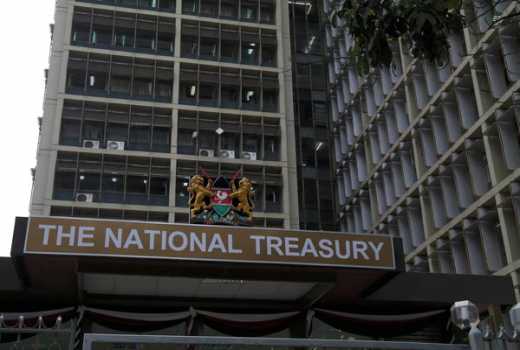×
The Standard e-Paper
Stay Informed, Even Offline

Treasury wants the interest rate caps removed because small firms are being denied credit, and the balance sheets of banks are under increased pressure. There is no much difference between nationalisation of banks and the rate cap regime.
Unfortunately, not much is in the public domain justifying the rate cap removal and what happens after. One would have expected that an in-depth enquiry about the banking sector is done before any Bill is drafted and taken to Parliament.